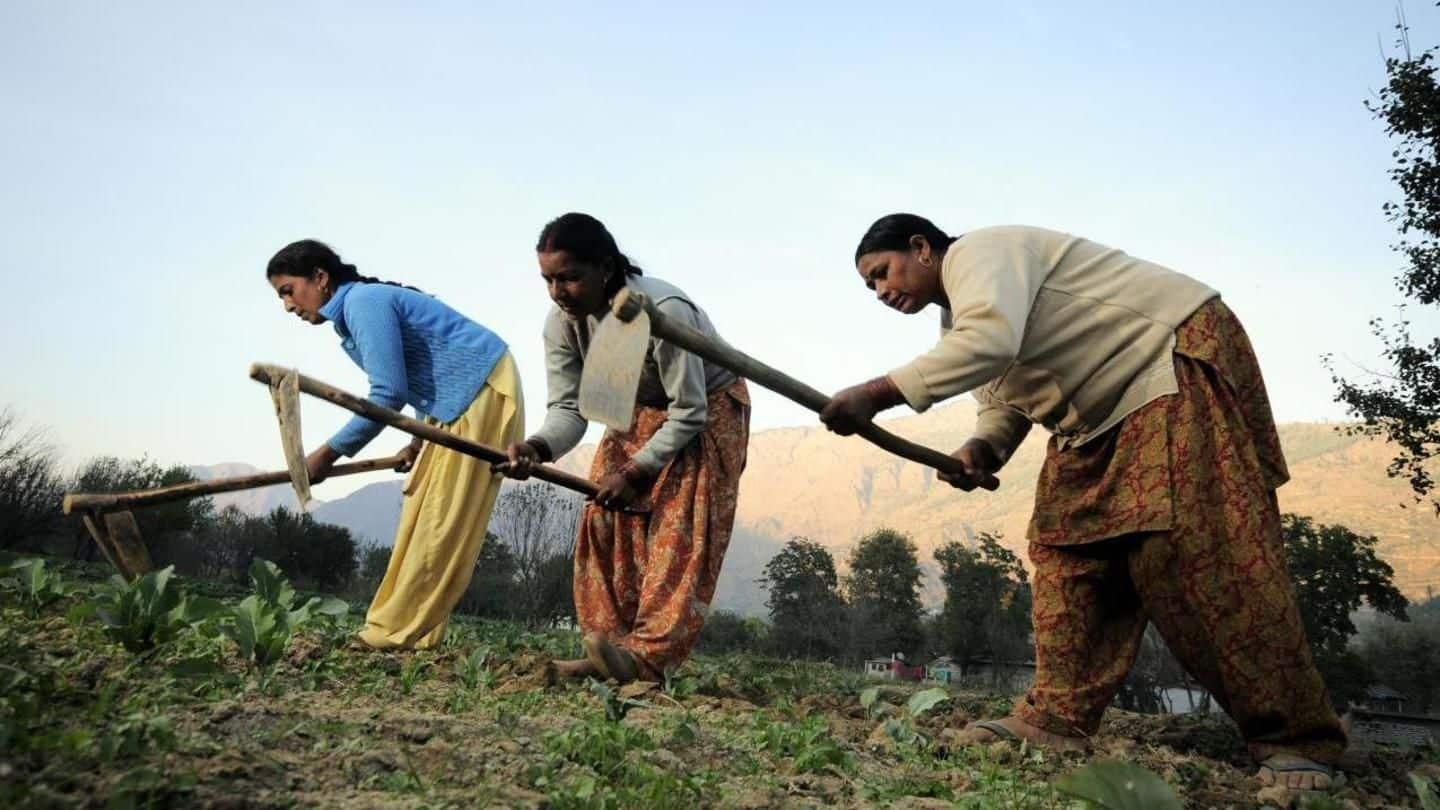
No more unpredictable weather for Maharashtra farmers
What's the story
Farmers will now get detailed information about the climatic conditions in their area allowing them better crop management. Maharashtra government has commissioned 2,060 Automatic Weather Stations (AWS) in as many revenue circles, to provide real-time weather-related information to farmers. "The idea was to create a decentralized system that would provide accurate weather information up to the village level," said Chief Minister Devendra Fadnavis.
Old vs New
Current systems cannot predict climate change at local level
"Current weather systems provide a consolidated information on the weather of a whole region and not on the local level. For instance, there is rain in one village and the adjoining village is dry," CM Fadnavis said. "In the AWS, we will get information right up to the village level. Farmers can take precautionary measures in case of rain or hailstorm," he explained.
Details
AWS set up in association with Skymet
The AWS have been set up in association with weather forecast firm Skymet, under the public-private partnership (PPP) mode. These AWS will be measuring the wind direction and speed, air temperature, relative humidity, the amount of rainfall, Fadnavis said. The commissioned AWS are already providing real-time weather-related information every 10 minutes, which is being collected at College of Agriculture in Pune.
M-Kisan
Govt also running 'M-Kisan' advisory system
"50L farmers get general weather information through M-Kisan, a government-run advisory firm," said State agriculture minister Pandurang Fundkar. He added that, however, there are over 1.17 crore farmers in the state. Thus, the others do not have access to this system. "We also have a proposal from Skymet to install digital LED screens in panchayat offices, where farmers can get information," Fundkar said.
Other details
Micro-level weather forecasts will be possible
Brijesh Singh, the Director General of the Directorate General of Information and Public Relations (DGIPR), said: "Since one weather station will be installed for an area of around 12 sq km, the micro-level weather forecasts will be possible." The government plans to use the data by AWS to prepare location-specific agriculture advisories, design crop insurance schemes and make a weather database bank, he added.